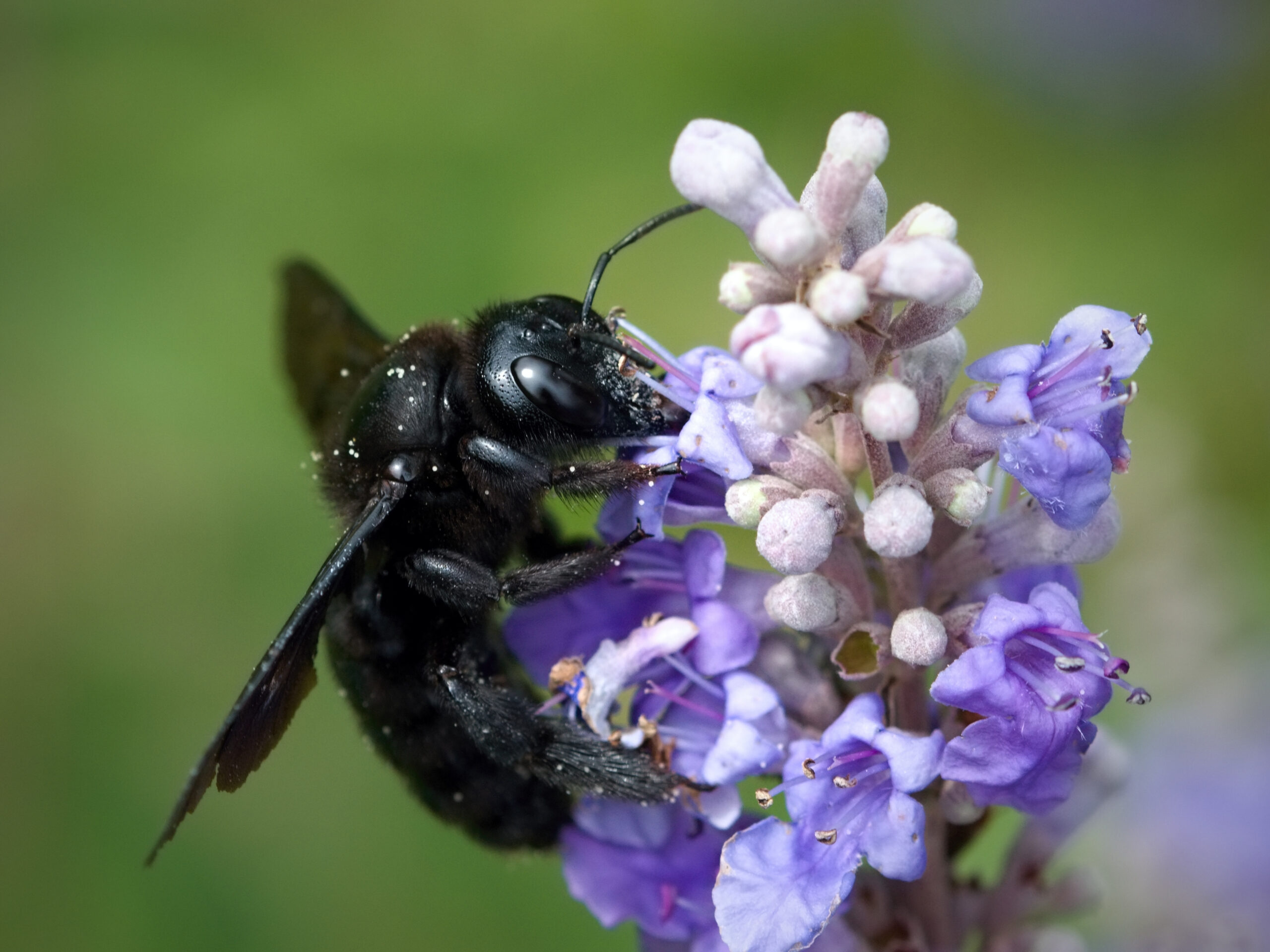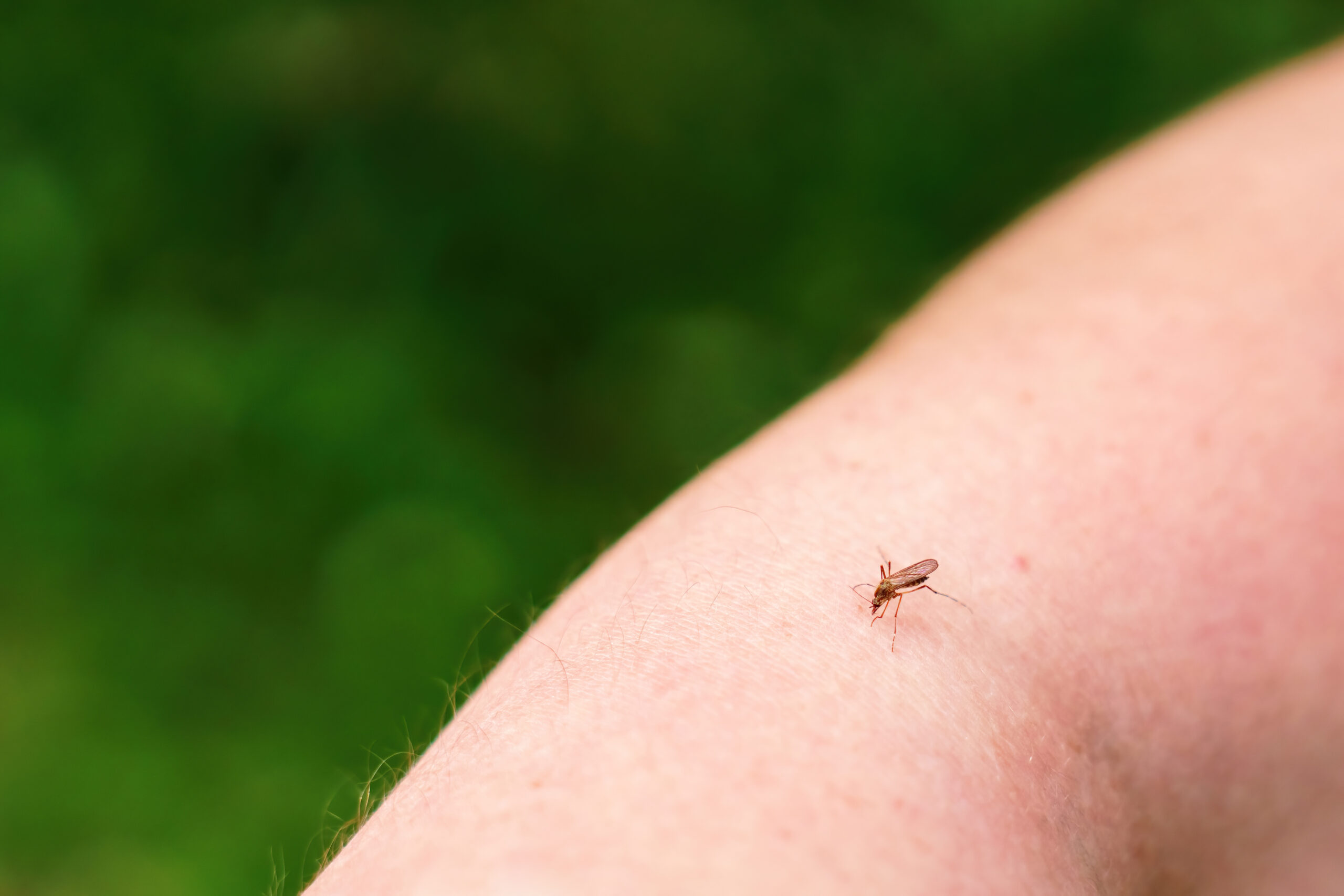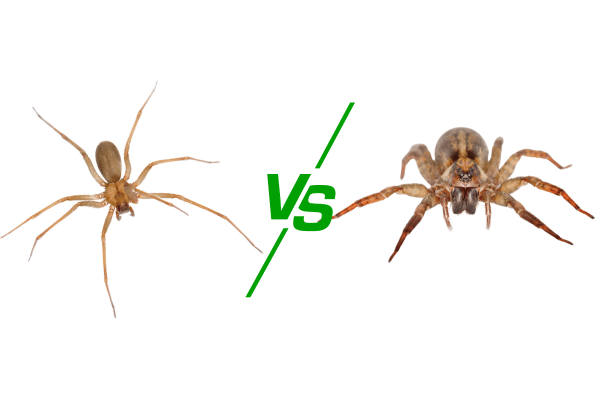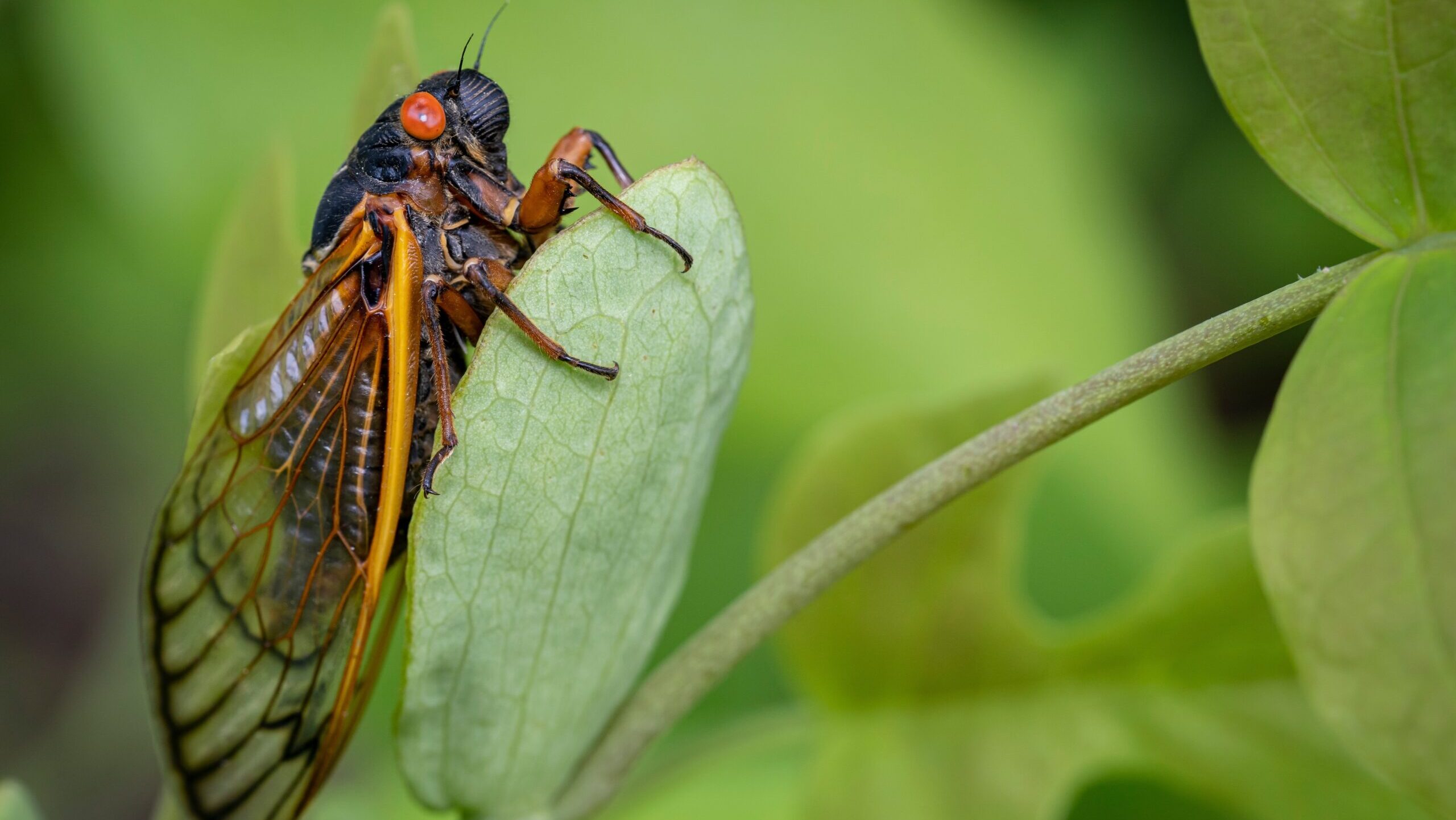When most people think of bees, they often picture the familiar yellow-and-black striped honeybee. However, the world of bees is incredibly diverse, including a variety of species with different colors, sizes, and behaviors. One of the fascinating yet lesser-known types is the black bee. In this blog post, we’ll explore the characteristics, behavior, habitat, and importance of black bees, highlighting their unique role here in Arizona.
What Are Black Bees?
Black bees are a group of bee species characterized by their predominantly dark, often entirely black, coloration. They can belong to various species, each with its distinct traits and ecological roles.
Common Types of Black Bees in Arizona
- Carpenter Bees: These large bees are known for their shiny black bodies and their habit of boring into wood to create nests. Male carpenter bees have a distinctive yellow or white face, while females are entirely black.
- Leafcutter Bees: Some species of leafcutter bees have a dark or black appearance. They are known for cutting circular pieces from leaves to construct their nests.
- Bumblebees: Some bumblebee species can be predominantly black, although they typically have some yellow or orange markings.
Characteristics and Behavior of Black Bees
Black bees share many common characteristics and behaviors with other bee species, but there are some unique aspects worth noting:
- Appearance: As their name suggests, black bees have a dark coloration that ranges from a glossy black to a more muted, dusty appearance. Their size can vary significantly depending on the species.
- Nesting Habits: Carpenter bees are known for their ability to bore into wood, creating tunnels for their nests. Leafcutter bees use leaves and petals to line their nests, often found in soil, wood, or plant stems.
- Pollination: Like other bees, black bees play a crucial role in pollination. They visit flowers to collect nectar and pollen, inadvertently transferring pollen from one flower to another, facilitating plant reproduction.
Are Black Bees Aggressive?
Black bees, including species like carpenter bees and leafcutter bees, are generally not aggressive towards humans. While male carpenter bees may exhibit territorial behavior by hovering around intruders, they lack stingers and are harmless. Female carpenter bees, as well as other black bee species, can sting but typically do so only when directly threatened or provoked. Overall, black bees are more focused on their pollination activities and nesting rather than aggression.
Importance of Black Bees in Arizona
Black bees are essential pollinators, contributing significantly to the health of ecosystems and agriculture. Their pollination activities help produce fruits, vegetables, and nuts, supporting biodiversity and food production.
- Ecosystem Health: By pollinating various plants, black bees support the growth of wildflowers and other flora, providing food and habitat for other wildlife.
- Agricultural Impact: Many crops rely on bee pollination. Black bees, like carpenter bees and leafcutter bees, contribute to the pollination of plants that are critical to human agriculture.
Habitat and Distribution
Black bees can be found in diverse habitats, from forests and grasslands to urban gardens. They adapt to different environments, often nesting in wood, soil, or plant stems. Their distribution varies by species, with some being more common in certain regions.
Essential Role of Black Bees
Black bees are a unique and vital part of our ecosystem, playing a crucial role in pollination and biodiversity. From the industrious carpenter bees that nest in wood to the meticulous leafcutter bees that use foliage to create their homes, these dark-hued pollinators contribute significantly to the health of our natural environments and agricultural systems.
If you are dealing with Black Bees in Arizona contact Phoenix Pest Control to schedule a bee hive removal or bee elimination.




